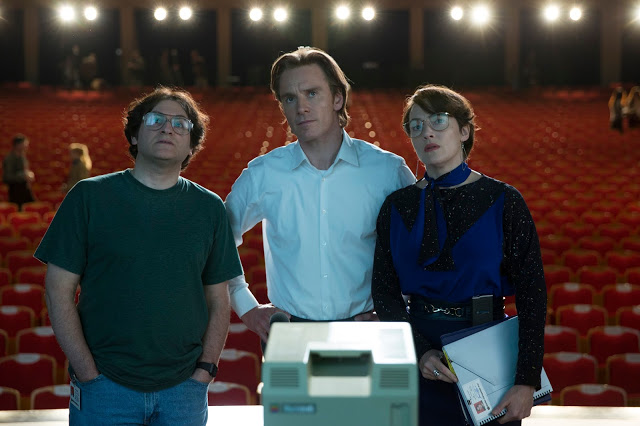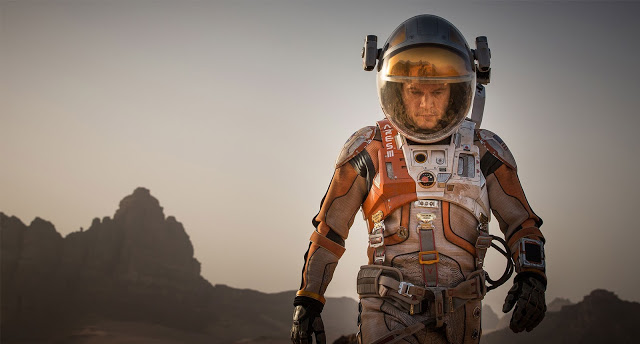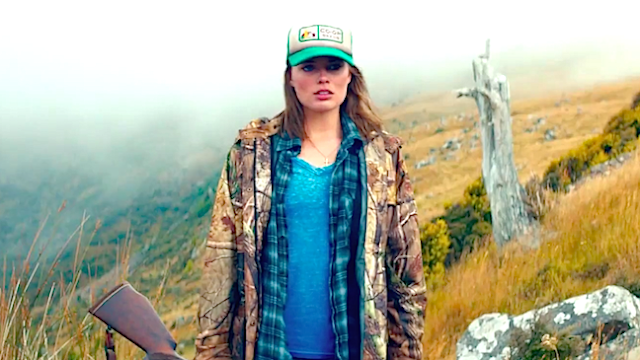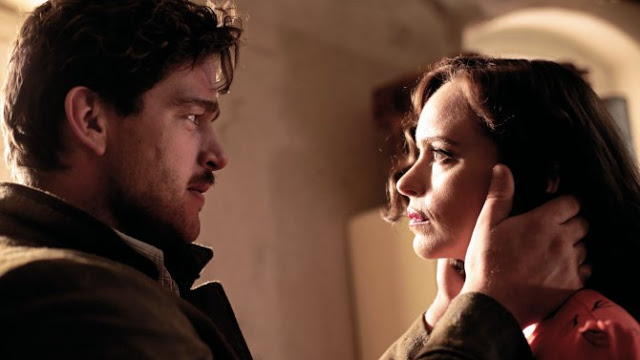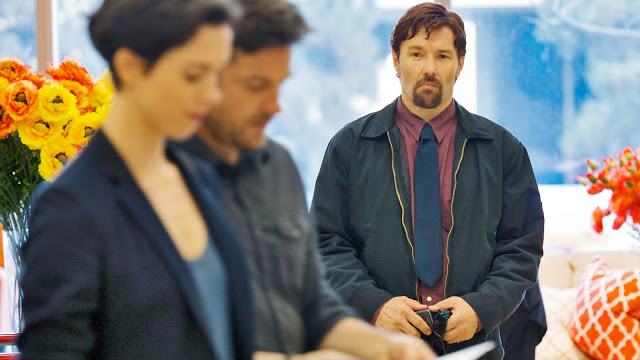Steve Jobs: Thinking Different, and Big, and Mean
Steve Jobs was undeniably a great man, but was he a good one? That question, along with many others—What is the true purpose of technological innovation? Why did the Macintosh look like it was grinning? Is that really Kate Winslet?—is tackled forcefully and adroitly in Steve Jobs, Danny Boyle’s exhausting, exhilarating biopic of Apple Computer’s founding father. A portrait of an artist as an obsessive young man, this manic, mostly marvelous movie wisely sidesteps the unconquerable challenge of condensing Jobs’s entire adult life into a two-hour film. But while its scope is sensibly narrow, Steve Jobs nevertheless allows you to glimpse the magnitude of its subject’s vision, and to feel the intensity of his longing. It is not another generic movie about a tortured genius; it is wholly its own movie about this tortured genius.
Speaking of troubled smart people, the screenplay for Steve Jobs is by Aaron Sorkin, which practically makes it a clandestine autobiography. (In fact, it is a loose adaptation of a book by Walter Isaacson.) Perhaps America’s preeminent wordsmith, Sorkin is renowned for creating characters who are brilliant, driven, and insufferable—you know, kind of like Aaron Sorkin. It’s small wonder he wanted to write about Steve Jobs, who is portrayed here, in a fantastic performance by Michael Fassbender, as equal parts visionary, egomaniac, genius, and jerk. The German-born Irish actor, who appears in every scene in the film, is blessed with a colossal screen presence (recall his magnificently loathsome turn in 12 Years a Slave), and he is effortlessly hypnotic in front of the camera. But there is more to Fassbender’s performance than sheer charisma—every narrowing of his eyes, every curl of his mouth, conveys a precise combination of intelligence and condescension. The Jobs we meet here isn’t just a man with a prophetic plan; he’s a higher power who’s so convinced of his superiority, he can’t help but look down on humanity with despair and disgust. Read More

